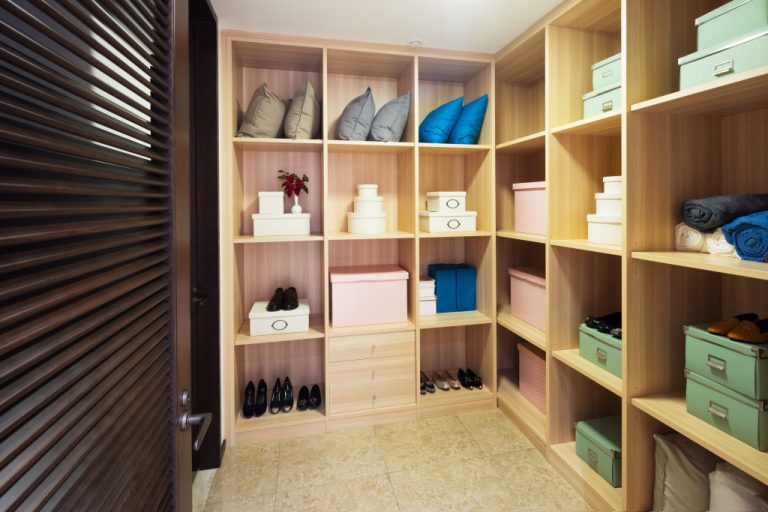There are so many more expenses to consider beyond the down payment on the mortgage and moving costs. And when you’re not prepared for them, you might find yourself draining your savings and being in a financial pinch instead of enjoying your new house and land.
If you’re planning to buy a house and currently determining your budget, here are the typical expenses that a lot of new homeowners don’t expect:
1. Utility connection or transfer costs
If you install new utility and service connections at your new house, companies and service providers usually charge a fee. On the other hand, if you’re planning to transfer the connection to your new home, there’s going to be a relocation fee. Either way, you’re going to have to spend money if you want to have the lights on and water running by the time you move in.
2. Appliances
The new house’s appliances might look clean and relatively new, but you won’t know if they’re 100% functional until you use them. If the oven turns out to be unable to cook food evenly or if the refrigerator keeps making a loud humming noise, then you’re in for a few repairs. To be sure, prepare the budget for repairs and at least one primary replacement.
3. Property taxes
You probably already know that you have to pay property taxes once you become a homeowner, but don’t underestimate the bearing of this expense on your household’s budget. When planning for your future expenses after you move into the new home, don’t forget to take property taxes into account. Check the regulations about property taxes in your locality. The amount and breakdown can differ in each area.
4. New locks
Some homeowners think that changing the locks is unnecessary, but this is a safety precaution that you’re better off making. You don’t know who has copies of the keys aside from the homeowners, and not changing your locks can risk the entry of unknown people.
The cost of new locks depends on how many doors you have as well as the quality of the locks you buy. While you’re already spending a lot of money on other things, why not splurge on heavy-duty manual locks, too?
5. Pest control

Pests might have found their way into the house even after you had the property inspected, especially when it’s cold outside. Moreover, the home inspector might not have caught the signs of infestation during their tour of the property. If this is the case, you need to buy traps and poisons or call an exterminator, depending on the severity of the infestation.
6. Maintenance
When you move into your new home and have the maintenance specialist come around, you’d be surprised at just how many things need to be repaired or maintained. Before you know it, you’re spending hundreds or thousands of dollars to patch up everything inside and outside the house.
This is the reason why a home inspection is imperative before you buy the house. A home inspection can tell you what needs patching up so that you can allot those expenses in your budget. Otherwise, you might be spending a lot more than you’re prepared for once the house’s issues start making themselves known.
7. Cleaning
Even if the last owners had the house cleaned before they left, there’s going to be a layer of dust on the floors and surfaces when you move in. You can clean the house yourself, but this can be a daunting task, especially on top of unpacking. So be prepared for the costs of cleaning supplies and cleaning fees (if you’re going to hire cleaning personnel).
8. Security system
If your new house doesn’t have a security system, consider the costs of installing a new one or the relocation fees when you decide to take your old one. If you have security cameras, prepare for the costs of having them reinstalled around your property.
9. Lights
The last owners might not have changed the light bulbs before they left. In this case, you can expect to spend a hundred dollars or so for new bulbs.
10. Changes
You’re finally settled in the house, and then you realize that you don’t like the color of your bedroom. Or maybe the closet isn’t as big as you thought it was. Give your budget some leeway for changes like this so that you can enjoy your new home to the fullest.
There are a lot of expenses that can catch new homeowners off guard when they move into a house. To prevent surprises down the road–and avoid going house poor–set a budget for these unexpected expenses, even if it seems unlikely that you need to make them.



